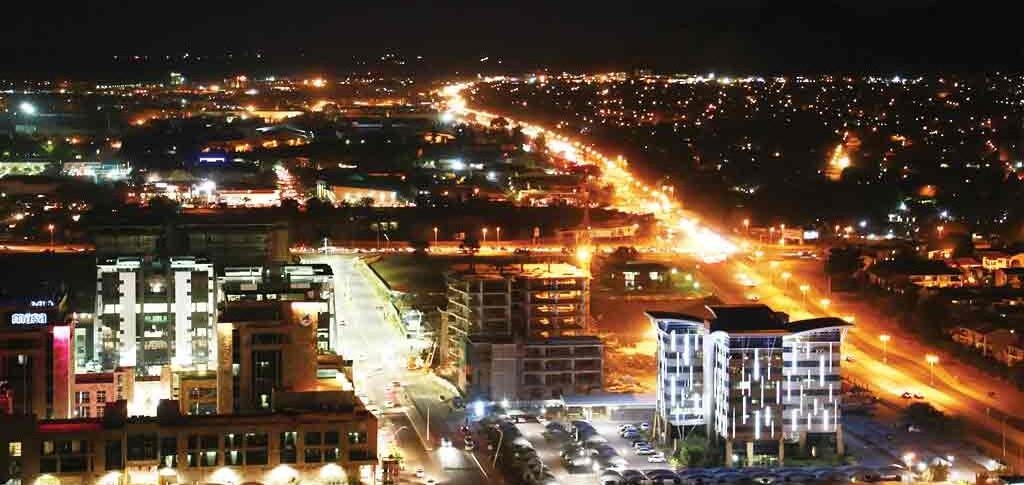(3 Minutes Read)
Botswana’s dream of becoming self-reliant for its power needs is slowly gaining momentum. A rise in local generation sparked a cut in imports during the second quarter of the year (April to June) when the country brought in 381, 764 MWH of power.
Botswana’s dream of becoming self-reliant for its power needs is slowly gaining momentum. A rise in local generation sparked a cut in imports during the second quarter of the year (April to June) when the country brought in 381, 764 MWH of power. This was 17.8 percent less than the corresponding three-month period in 2023 when power imports stood at 464, 603 MWH. It was also a considerable drop from the 410, 020 MWH imported in the opening quarter of the year (January to March).
Having recently taken over as the main exporter of power to Botswana, Zambia Electricity Supply Corporation Limited (ZESCO) led the way, accounting for 40.5 percent of Botswana Power Corporation’s power purchases. Eskom came a close second with 38.5 percent.
The remaining 7.1, 6.4, 4.9, and 2.6 percent were sourced from the Electricidade de Mozambique (EDM), Namibia Power Corporation (Nampower), Cross-border electricity markets, and the Southern African Power Pool (SAPP) respectively.
Locally, power production for the second quarter stood at 799, 523 MWH. This was 21.1 percent up from the 660, 349 MWH generated in Botswana over the same period last year. The figure was almost identical to the 791, 267 MWH produced in the first quarter.
The steady generation is attributed to improvements at Morupule A and B power stations, which between them were responsible for 97.9 percent of the power supplied locally. The Orapa emergency power plant made a modest contribution of 1.8 percent to the national grid. Meanwhile, the integration of electricity generated from solar power stations is gradually sparking into life, with a rising focus on renewable energy sources.
Read Also:
https://trendsnafrica.com/botswana-to-focus-on-green-energy/
Following the connection of the Bobonong, Phakalane, and Shakawe solar power plants at 3, 1.3, and 1MW respectively to the grid, the three accounted for 0.3 percent of the local electricity generation mix during the second quarter of 2024. Although the numbers remain tiny, it signifies a growing dedication to broadening the sources of electricity production in Botswana





